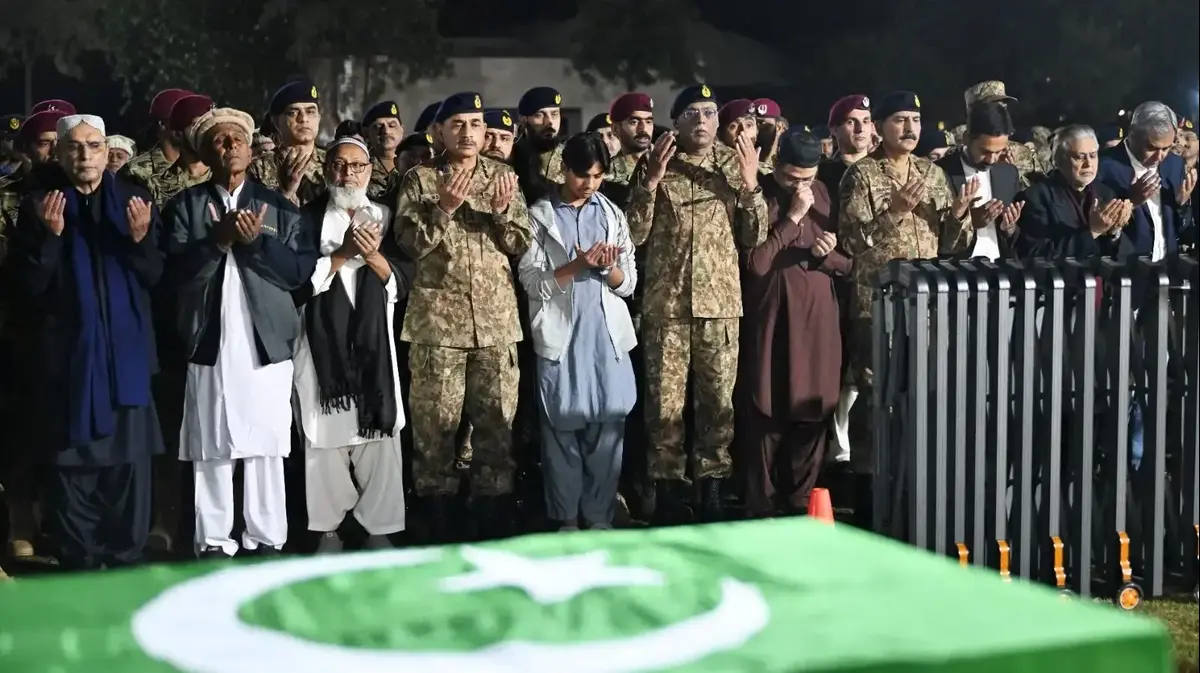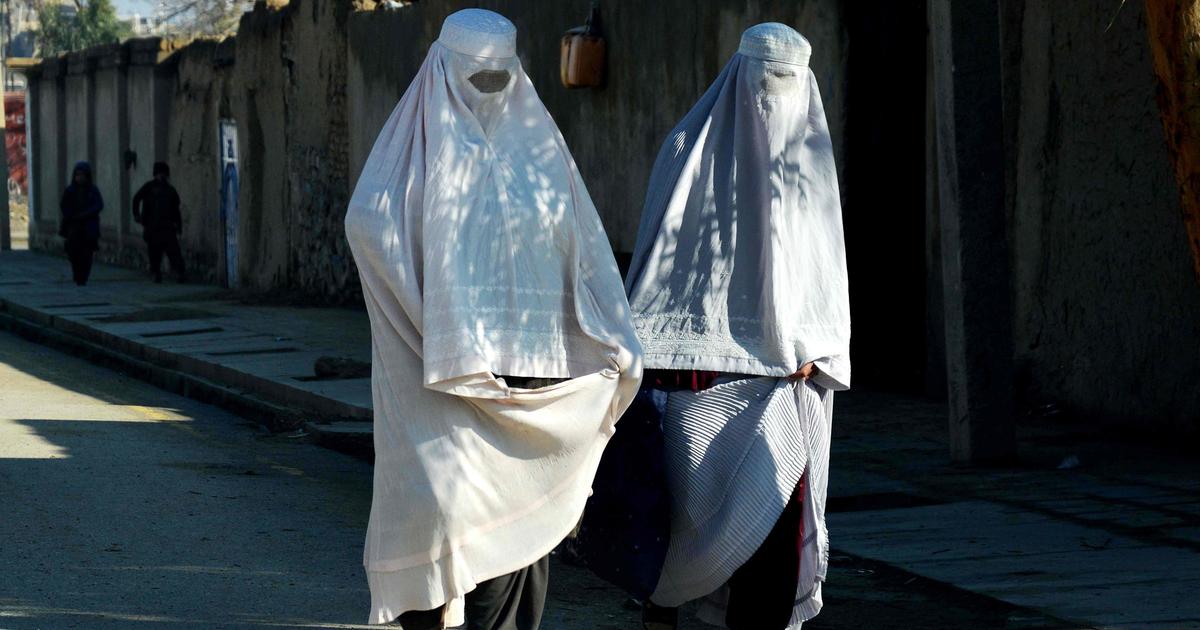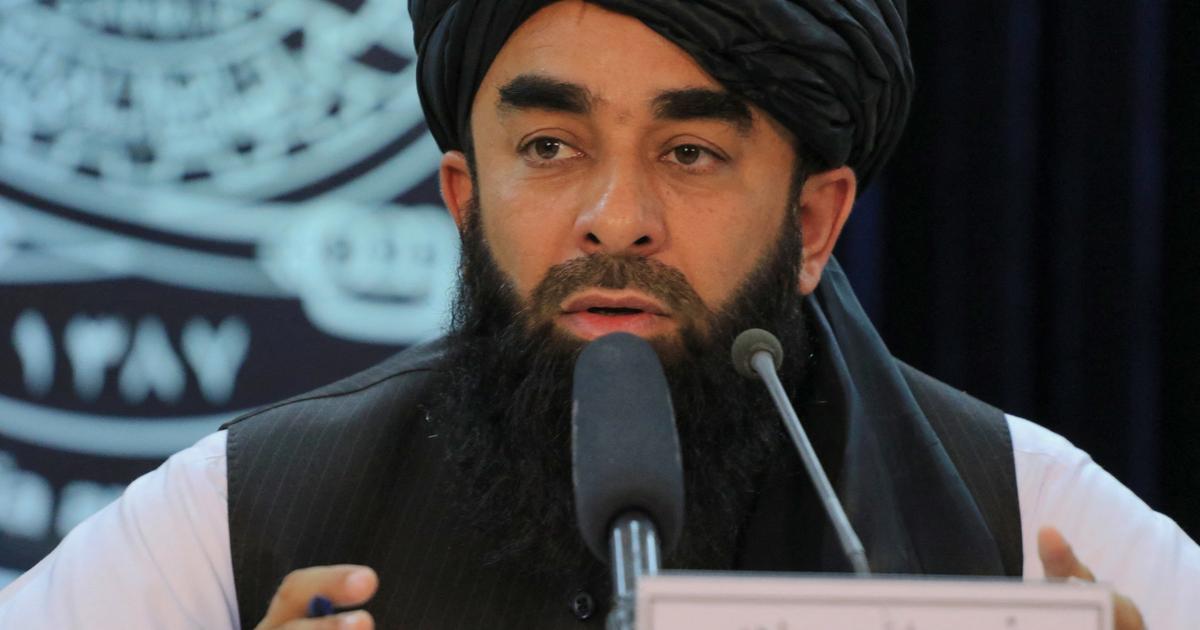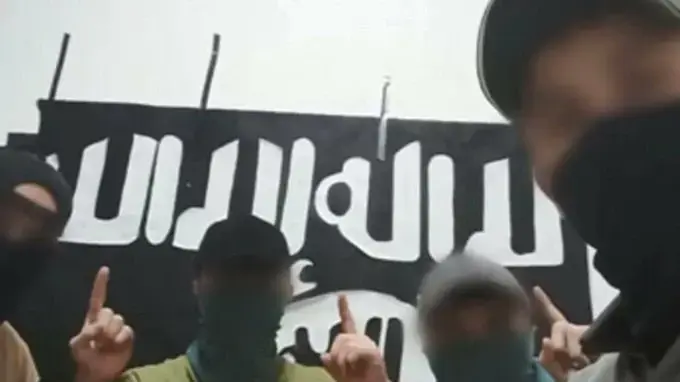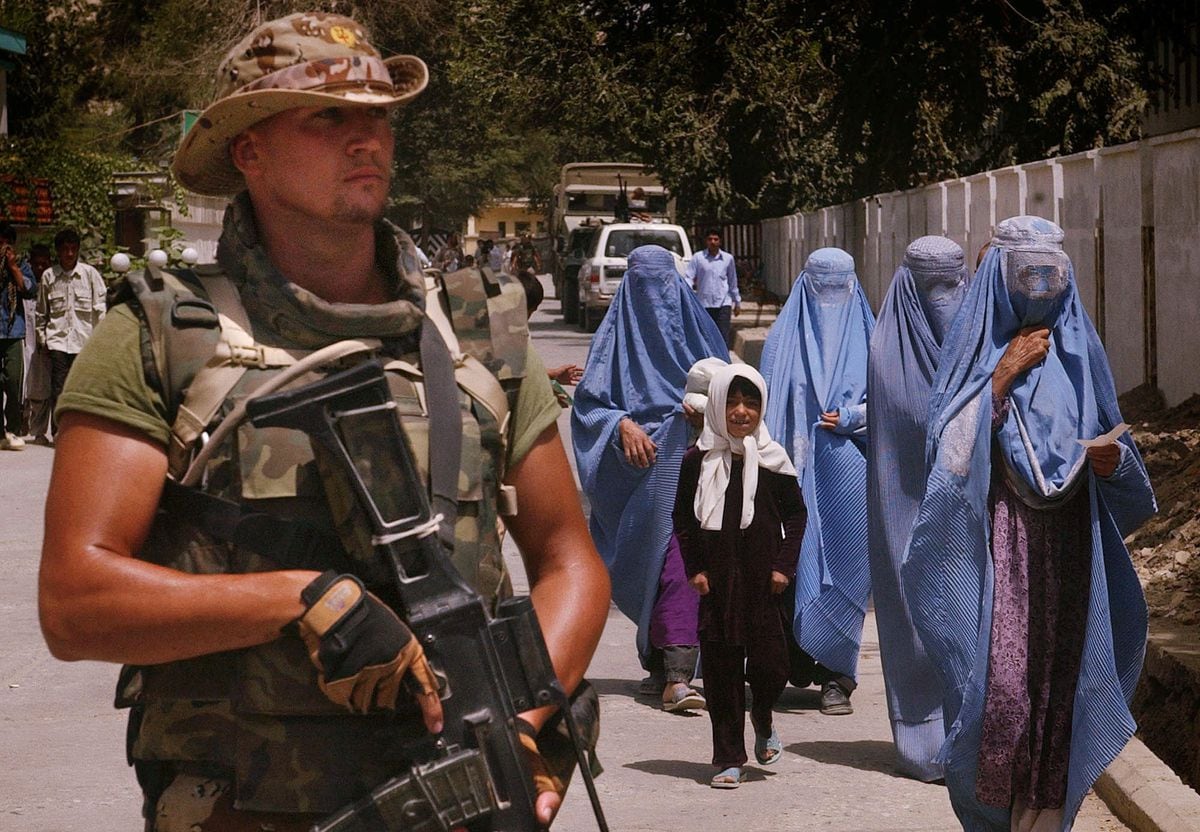Enlarge image
Samim Hoshmand at the 2019 UN conference on the protection of the ozone layer in Rome
Photo: National Environmental Protection Agency / Afghanistan
SPIEGEL:
You have been negotiating for the Afghan government at climate conferences for years.
Why couldn't you come to Glasgow this year?
Hoshmand:
I've been living with my family in Dushanbe, the capital of Tajikistan, since August.
That is 700 kilometers from my hometown Kabul - and over 7000 kilometers from Scotland.
We have been living in exile since the change of government in Afghanistan.
I still submitted my documents for a visa to the UK and applied to attend COP26.
Unfortunately this was rejected by the UN.
SPIEGEL:
Was there a reason for this?
Hoshmand:
My work in the National Environmental Protection Agency has only ended since the Taliban came to power.
Now there is chaos.
There is no new environmental agency that also takes care of the climate.
So I'm officially no longer a government representative.
However, at least I wanted to participate as an observer.
This conference is extremely important for our country.
SPIEGEL:
The UN is saying that Afghan representatives - current representatives and those who want to come as observers - cannot be admitted because the government is not recognized internationally.
Hoshmand:
Afghanistan is not represented at all at the conference now.
With what right?
All sorts of states with many difficult governments are accepted there.
Afghanistan is not only a very poor country, it is also an area of conflict.
I feel like 35 million people are being left behind.
We are just left out.
Unlike other countries, Afghanistan has submitted its national climate plans and done its homework.
SPIEGEL:
Should the Taliban take part in the next conference?
Hoshmand:
Of course they should participate.
When a government is in power, it also has a responsibility to represent the country internationally.
It doesn't help if we are excluded from all processes just because many countries don't like the Taliban.
This is about the population who need help in the fight against climate change.
SPIEGEL:
Why are the climate conferences so important for Afghanistan?
Hoshmand:
In the past few years we have started a number of climate
programs
with international help.
These include early warning systems for extreme weather, improved water management in the event of droughts - or climate-friendly transport in the capital Kabul.
We have extremely high levels of air pollution there.
For such projects we need access to the internationally agreed climate aid for poor countries.
But these are often very complicated application procedures.
There are many conditions that we as a crisis region cannot meet.
SPIEGEL:
How do you intend to change that?
Hoshmand:
As a former negotiator, I wanted to
raise
awareness of conflict
regions
in Glasgow.
We need a voice from these countries with big donors like the UN's Green Climate Fund.
After decades of war, Afghanistan cannot meet the high bureaucratic requirements that are often demanded.
It is absurd when we compete for money with countries like Pakistan.
The Pakistanis have completely different resources and stable conditions.
In Glasgow I wanted to get countries in crisis to be given a seat on the board of such funds so that they could have a say.
SPIEGEL:
There is often a fear that authoritarian rulers like the Taliban will simply embezzle the money.
Hoshmand:
That is a big misunderstanding.
These funds never go directly to governments.
There must always be a UN-accredited organization that carries out such projects.
That shouldn't be a reason to withhold funds.
SPIEGEL:
What are the consequences of the climate crisis that Afghans have to live with today?
Hoshmand:
There is an accumulation of natural disasters.
For us, these are mainly devastating flash floods and droughts.
Most of the people in Afghanistan don't know what climate change is.
But they still have to live with the consequences.
The weather disasters usually lead to a spiral of social violence, poverty and misery, intensified by the war and its consequences.
Fathers are currently marrying off their underage daughters in order to get money.
The children can no longer go to school or university because they have to take care of their families.
People try to use whatever resources they have left.
This leads to deforestation or the destruction of natural habitats.
But they have no other choice.
SPIEGEL:
Do you have to fear for your life in your home country?
Hoshmand:
Yes, it would be life-threatening for me in Kabul at the
moment
.
However, I am less afraid of the Taliban than of the ozone mafia.
SPIEGEL:
Who are these people?
Hoshmand:
When the Taliban came to power, they released many prisoners.
Including many criminals, fraudsters and smugglers.
Some of them are organized in the international ozone mafia.
They smuggle illegal ozone-depleting substances for air conditioners and refrigerators.
These include, for example, fluorocarbons (CFCs), which damage the ozone layer.
I was responsible for enforcing the ban on these chemical substances until August - and I also put many of these smugglers in jail.
Now they want to take revenge and kill me deliberately.
SPIEGEL:
How do you go on now?
Hoshmand:
I'm
hanging
in such a space right now and I'm at a loss.
We couldn't take anything with us, we lost everything.
The international community ignores us.
At the same time we cannot go back to our country.
It is as if one does not exist at all and is not wanted anywhere.
Many Afghans feel the same way.
I haven't had any contact with my colleagues from the environmental agency for months.
They have to hide to protect their families.
SPIEGEL:
Do you have the silent hope that the new government will bring you back as experts at some point?
Hoshmand:
So far, the Taliban have not taken care of the environmental agency.
But it would be a catastrophe if it no longer existed.
This has dramatic consequences: Nobody is currently monitoring air pollution, water quality or toxic waste.
If my country needs me and the security situation allows it, I would go back anytime.



